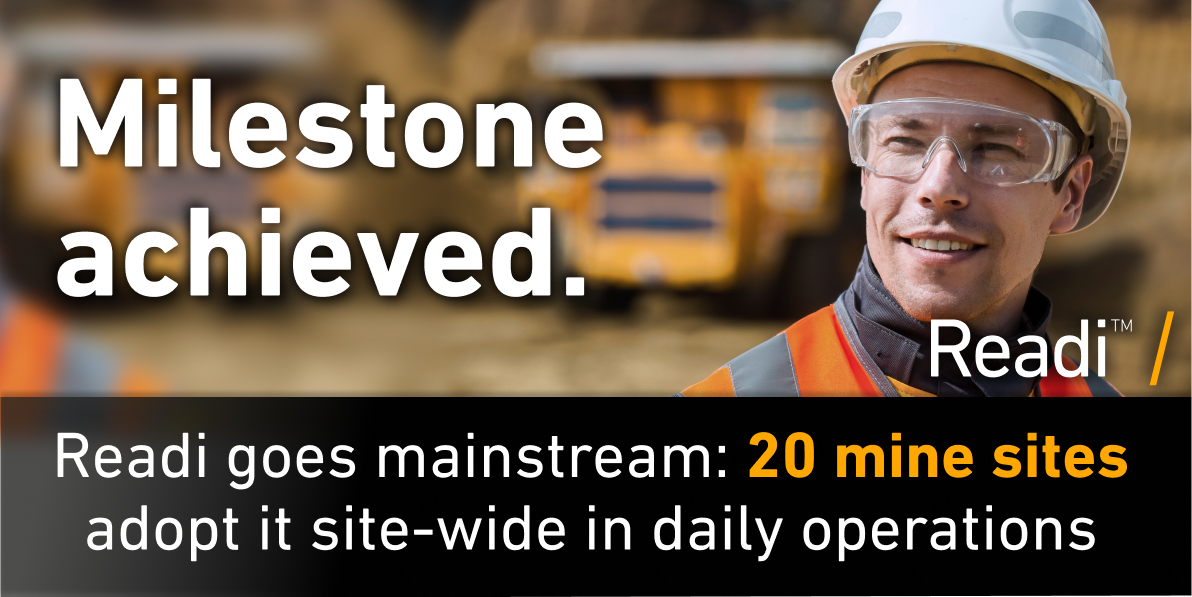Canadian-based technology group Fatigue Science is celebrating a milestone in its growth and the acceptance of its predictive fatigue management system: its implementation at 20 major mine sites.
The company said the system, which offers increased worker safety as well as improved productivity, can now be found at Newcrest, Minsur, Newmont, Marcobre and Thiess projects, all of which have joined a growing list of companies that have embraced Readi as a daily tool for protecting all workers on-site.
“This significant milestone demonstrates the growing trend in the mining industry to proactively address fatigue using advanced predictive tools like Readi, which is now in use across six continents and 102 countries,” it said.
“The adoption of Readi’s predictive fatigue management technology is part of a larger industry trend toward prioritizing worker safety, health, and productivity.”
Readi, a decision-making tool for shifts supervisors and a system of record for operational fatigue data, uses machine learning algorithms and the scientifically-validated SAFTE biomathematical model to generate personalized fatigue predictions for every operator. Once compiled, the information can be delivered to a supervisor’s mobile devices at the start of each shift.
The company added that, unlike reactive technologies, Readi’s predictive approach allows supervisors to proactively manage fatigue risks before they become critical and, by proactively anticipating fatigue levels at the individual-level, shift supervisors can implement targeted countermeasures that would not otherwise be possible.
Common countermeasures include assigning additional rest breaks to specific operators at certain times, and, in exceptional cases of fatigue, temporarily reassigning critical tasks to less fatigued operators. These proactive approaches also contribute to a stronger safety culture-based on real data and measurement.
Source: fatiguescience.com

